
(04.19.07) Raster-Noton has made a name for itself as a purveyor of clean and often clinical, cutting edge minimalism. Hosting a multitude of experimental releases by the likes of Ryoji Ikeda, Alva Noto, Mokira, Ryuichi Sakamoto et al, Raster-Noton has long been a particularly esoteric label. Senking’s List, then, appears to be something of a mould-breaker, an atypical release from a label with so much minimal tradition. This is not to say that List is not minimal; in many ways it is, but there is a significant filmic quality and emotional back-story shot through this release that makes it stand out from the crowd, much as Alva Noto and Ryuichi Sakamoto’s collaborative projects did. The first hint that this may not be a typical Raster-Noton release is afforded by the sleeve artwork, a striking, over-printed, two colour, abstract collage-like image of some form of plant-life.
The disparate elements that make up the pieces in List are often also more collage than composition, and a particularly noticeable feature of List that becomes apparent very early on is Massel’s exquisite and brilliantly conservative use of odd spoken word samples in many of the pieces. These samples have genuine power to surprise or shock on first listen and this, coupled with a masterly manipulation of reverb and various muting or distorting effects seamlessly elevate the pieces to another level. Over and over again these samples colour the album in unexpected ways and it’s quite remarkable that such minimal interjections can have such a marked effect on the overall mood. “Come In,” for example, reaches the listener as though bubbling up from deep, dark, flooded tunnels. The sudden intrusion of an echoing voice yelling “Keep away!” is a perfect example of the minimal shock tactics List has in store for the listener. It loses none of its creepiness on repeated listening either, again thanks to Massel’s flawless treatments.
The album kicks off with “Common Business” and immediately reminds one of experimental soundtracks from 70s or 80s horror flicks or surreal 80s movies like David Cronenberg’s Videodrome; a miasma of grimy and queasy emanations ripped apart by jagged, searing synth shards, ominous mechanical whirrs and growls. Once, and just once, a deep voice utters “Let’s go!” The heightened sense of threat it generates is briefly deconstructed by “Pathogenic Agent” that, like many other tracks, would simply not be the same without the vocal samples, in this case a soft, listless American drawl proclaiming: “I just got the blues… I just have the blues, all in my toes and everything.” The light keys that tint the opening passage of this piece are soon replaced with rumbling pads and surges of volatile power that appear in regular formations like some sort of production line machinery.
Though “Bohrer” dabbles in the realms of vintage horror soundtracks – clonking bottom register piano keys intertwine with hissing, whizzing FX and tremulous organ melodies to atmospheric and nostalgic effect – Senking doesn’t fall so much into the horror vein; rather it is darkly surreal, typified by alien clicks, bubbles and pops such as those found in “Come In.” This is the reason why pieces like “Great Day” stand out the most. Here a strictly minimal path is taken: clonking, scraping samples forming the pounding, tribal rhythm of the piece, while a tortured groaning motif provides the scant melodic element. More vocal samples interject at rare intervals: “Great day isn’t it?”; “Probably.”
To take two other recent examples of dark experimental albums, Svarte Greiner’s Knive or Xela’s The Dead Sea both present themselves as surreal or horror movie soundtracks and consequently, either expect the listener to be in the right mood to listen to them, or alter the listeners’ mood substantially. Yet List is strangely neutral and seems able to bypass the listeners’ emotional state completely, leaving you always at least one step removed from events by virtue of the fact that there is something almost unnatural about List. It’s quite brilliant, being both a compelling but strangely disorienting experience.
No Raster-Noton review would be complete without a quick word about the packaging. Senking is housed in one of Raster-Noton’s latest deluxe, bespoke CD cases: a slim, roughly DVD case sized, matt-laminated cardboard slipcase out of which a CD drawer slides to a fixed point, revealing a flap that is opened to access the disc. In the case of List, a matt-laminated postcard with a black version of the cover image is also included. Every package is enclosed in a resealable clear plastic sleeve. Raster-Noton has always pushed the envelope when it comes to packaging, and this is easily their best case design so far. Exquisite.
Suffice it to say that this is an exceptional release from Raster-Noton and comes highly recommended.
List is out now on Raster-Noton.








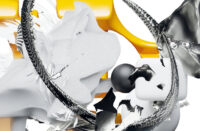

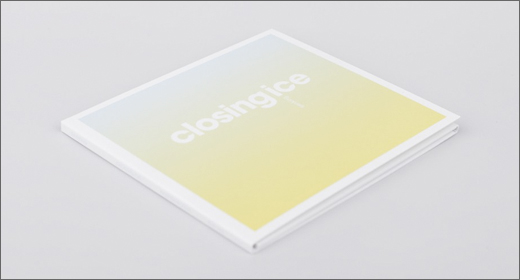
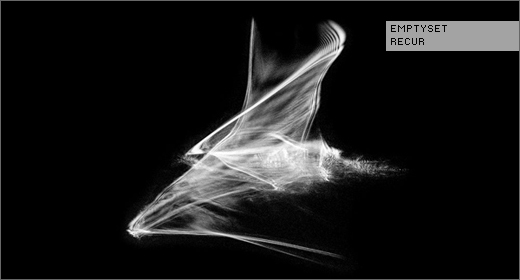

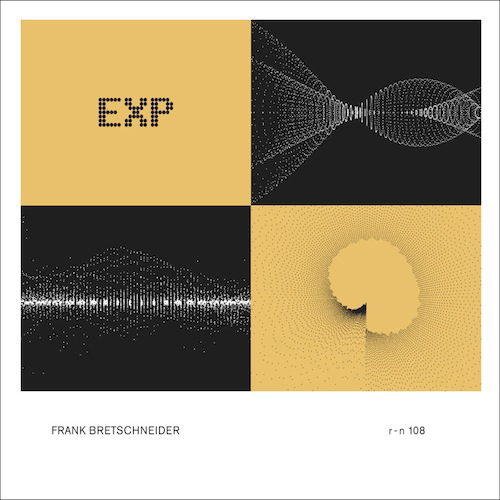
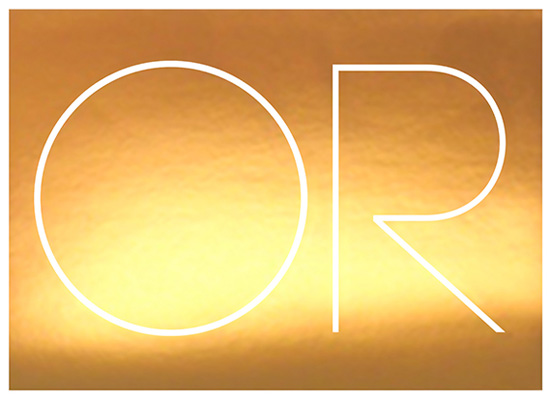


![Pole :: Tempus Remixes (Mute) — [concise]](https://igloomag.com/wp/wp-content/uploads/2025/04/pole-tempus-remixes_feat-75x75.jpg)






![Hasbeen :: Bunker Symphonies II (Clean Error) — [concise]](https://igloomag.com/wp/wp-content/uploads/2025/04/hasbeen-bunker-symphonies-ii_feat-75x75.jpg)

